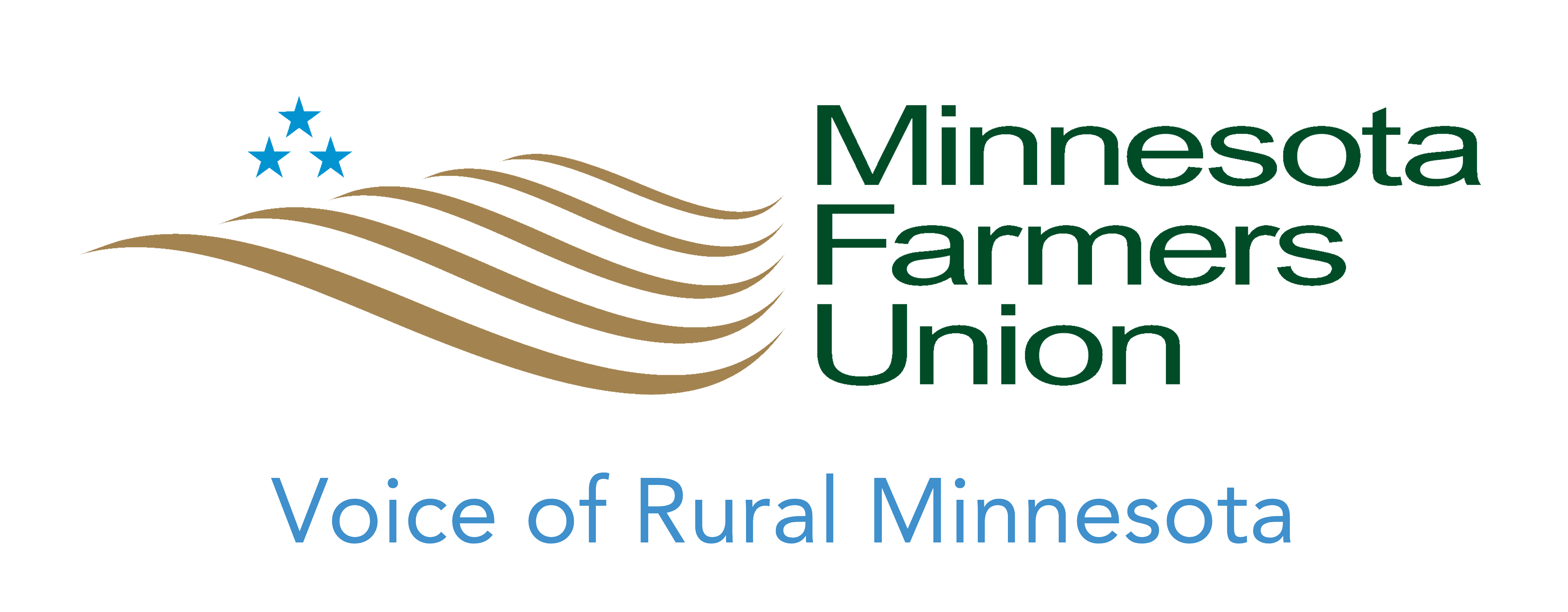Ag omnibus bills clear House and Senate
ST. PAUL – Both the Minnesota House of Representatives and the Minnesota Senate have passed their omnibus agriculture bills, clearing a significant hurdle toward final passage. A conference committee is expected to be appointed to negotiate a compromise on the supplemental spending and policy measures.
The Senate’s omnibus agriculture bill passed April 27. The vote was 41-26. The House passed its omnibus agriculture bill on April 25. The House vote was 70-62.
“Throughout this session, we’ve worked to make a strong case that now is the right time to invest in family farmers,” said MFU President Gary Wertish. “Agriculture drives our state’s economy while making up less than 1 percent of the state budget. Minnesotans get a good bang for their buck when they invest in agriculture.
“Though the Senate bill is much smaller, we’re glad to see both bills contain priorities we advocated for throughout this session,” Wertish said. “Both invest in meat processing, soil health grants, beginning farmers and developing new markets. If legislators can make a deal in the next weeks, we’re on track for a strong supplemental budget.”
MFU priorities in the House’s $60 million ag bill, which is sponsored by Rep. Mike Sundin, DFL-Esko, include:
- Expanding meat and poultry processing, including through:
- $3 million investment in the AGRI value-added program to help start up, modernize and expand meat processing facilities.
- $500,000 in support for technical training programs set to start this fall at Central Lakes College in Staples and Ridgewater College in Wilmar.
- $500,000 in grants for K-12 schools to purchase the equipment and secure the training needed to introduce students to meat cutting and complement their existing ag and vocational training.
- $100,000 in meat processor training grants to help small processors upskill and retain current employees.
- $100,000 investment in Minnesota state inspection program, which will help get more processing plants online. This will come with a 100 percent match from the federal government.
- $9 million in perennial cover commercialization support.
- $6.7 million investment in a new soil healthy grant program.
- $6 million to support Emerging and Beginning Farmers, including through down payment assistance, services to immigrant and Black, Indigenous and farmers of color, Farm Business Management (FBM) scholarships, and funding to better administer the Beginning Farmer Tax Credit (BFTC).
- $4.5 million for Animal Disease Preparedness and Response to help producers and the industry manage the outbreak of High Path Avian Influenza and prepare for a potential outbreak of African Swine Flu.
- $2 million in noxious weeds grants to help with detection, control and management.
- $1.25 million in Farmers Market support.
- Cooperative development grants.
- Farm and rural mental health fixes to protect farmers data and maintain MDA’s mental health program.
- Hunger relief, including support for the Good Acre’s Local Emergency Assistance Farmer Fund (LEAFF).
- Agricultural Utilization Research Institute (AURI) investments to modernize facilities, purchase equipment and attract and retain qualified staff.
- Farm-to-School expansion.
- Food Safety Analysis to help streamline licensing and regulations.
- Local and regional food system report.
MFU priorities in the Senate’s $5 million agriculture bill, which is sponsored by Sen. Torrey Westrom, R-Elbow Lake, include:
- $1 million in grants for K-12 schools to start meat cutting training programs.
- $700,000 investment in the AGRI value-added program for meat processing.
- $30,000 in meat processors training grants.
- $600,000 for Animal Disease Preparedness and Response and updating equipment at the University of Minnesota’s Veterinary Diagnostic Lab.
- $100,000 for cover crops and a new soil health grant program.
- $50,000 for the helping commercialize perennial crops developed by the University of Minnesota’s Forever Green Initiative.
- Local and regional food system report.
Both bills were wrapped in with proposals on broadband – another MFU priority – and housing. Conferees could be named as soon as this week.
About Minnesota Farmers Union
Minnesota Farmers Union works to protect and enhance the economic interests and quality of life of family farmers and ranchers and rural communities. MFU is a nonprofit membership-based organization. Membership is open to everyone. Learn more and join at www.mfu.org and follow MFU on Facebook, Twitter and Instagram.
# # #
Minnesota Farmers Union—Standing for Agriculture, Working for Farmers (www.mfu.org).
